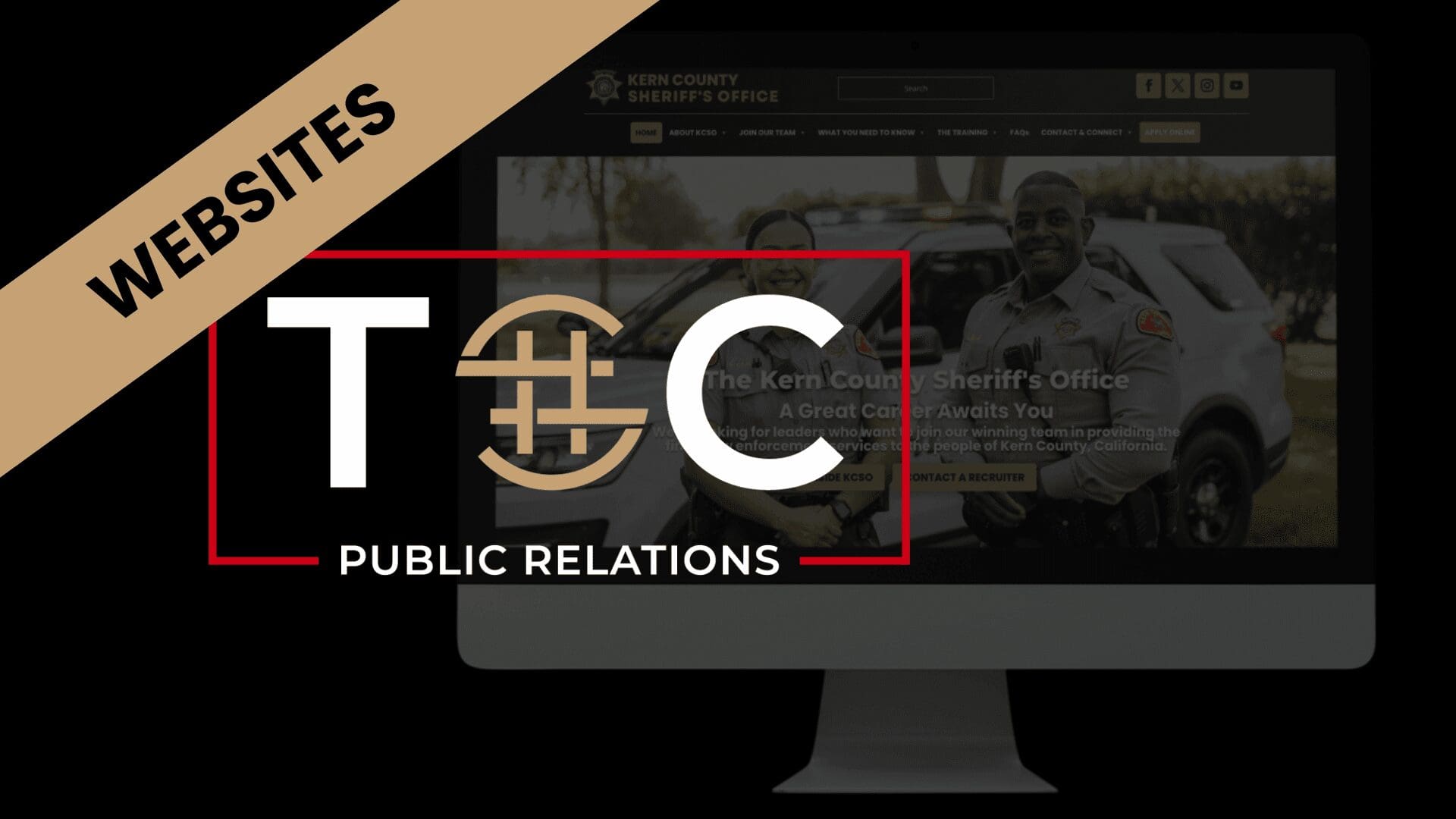Search engine optimization (SEO) references how easy it is for a search engine, such as Google, Bing, Yahoo, etc., to locate your website online. Increasing your rankings through SEO will ensure more eyes cross the interface of your website.
It’s important to note that over 90 percent of searches are performed through Google, so your website must be optimized on the platform.
Here are a few tips to assist you in optimizing your content to impress search engines.
Relevancy
To strengthen your relevancy, make sure your website is valuable. When a user clicks on your website, make sure the information can be easily found; intuitively arrange material. You can enhance your website’s relevancy through on-page SEO (direct use of SEO elements on the website) and off-page SEO (backlinks from another site), which tells Google and the reader that your content has all the correct keywords and indicators. You want to make sure you have all the correct keywords in the title, body, image descriptions, and supporting keywords related to the topic to increase optimization.
Keywords
Keywords used on your content’s title, body, and image descriptions should be updated around every three months. Since keyword popularity constantly changes, older popular keywords can quickly vanish.
Please note that you can utilize dozens of keywords on your content and cover all ends, but that doesn’t necessarily work. Besides ensuring your content is valuable, keywords that push the content you share should target specifics. For instance, if your piece of content is about elevating “search engine optimization,” you’d want to use current popular SEO keywords such as “Increase SEO on Google” and “Increase SEO free.” Make sure to google current popular keywords before inserting them, as this will make your website and its content all the more meaningful.
Content Descriptions
Everything from meta-titles, headers, tags, and descriptions plays an essential role in your website’s SEO strategy. Meta-titles are the first thing you see when you google anything, which often determines if you’ll click on the link. It’s important to tailor your meta-title in a way where it’s directly related to the content you offer on your website. The meta-title needs to be followed by a succinct meta-description in one sentence, so when search engines scan keywords, they’re likely to rank your content higher due to the search terms.
Another element you can capitalize on is header tags, which are headlines located on your website’s page. Google looks at header tags and uses them to understand what the page is discussing and how it will be ranked. One standard practice is to ensure header tags are about 55-60 characters long. Again, it’s important to filter out and revise meta-titles, headers, tags, and descriptions about every three months to increase visibility through optimization.


